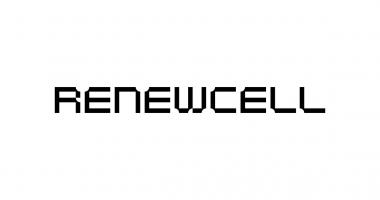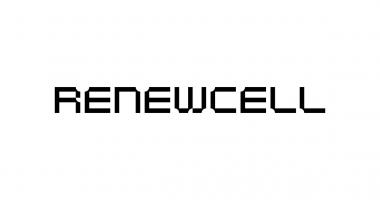Re:NewCell’s bankruptcy application approved
Re:NewCell AB announced that the Stockholm District Court has decided to approve the previously communicated bankruptcy application and has declared the company bankrupt.
The appointed bankruptcy trustee is lawyer Lars-Henrik Andersson at Cirio Advokatbyrå.
February,25 the Board of Directors had decided to file for bankruptcy of Re:NewCell AB at the Stockholm District Court. The reason for the decision to file for bankruptcy was that Re:NewCell has not been able to secure sufficient financing to complete the strategic review, announced on 20 November 2023, with satisfactory result.
As part of the strategic review, Re:NewCell has had well advanced negotiations with its two largest shareholders, H&M and Girindus, its existing lenders BNP Paribas, European Investment Bank, Finnvera (as partial guarantor), Nordea, AB Svensk Exportkredit and potential new investors as well as other stakeholders regarding long-term financing solutions. These discussions have not resulted in a solution which would provide Re:NewCell with the necessary liquidity and capital to ensure its operations going forward.
"I regret to inform that we have been forced to take this decision to file for bankruptcy. As we have a strong belief in the company’s long-term potential, we have together with our advisors spent very substantial time and efforts into trying to secure the necessary liquidity, capital and ownership structure for the company to secure its future. As part of the negotiations, we have had intense dialogues with both current main owners, new investors and our banks, as well as other stakeholders. However, these discussions have not been successful. This is a sad day for the environment, our employees, our shareholders, and our other stakeholders, and it is a testament to the lack of leadership and necessary pace of change in the fashion industry” says Chairman of the Board of Directors, Michael Berg.
Renewcell











